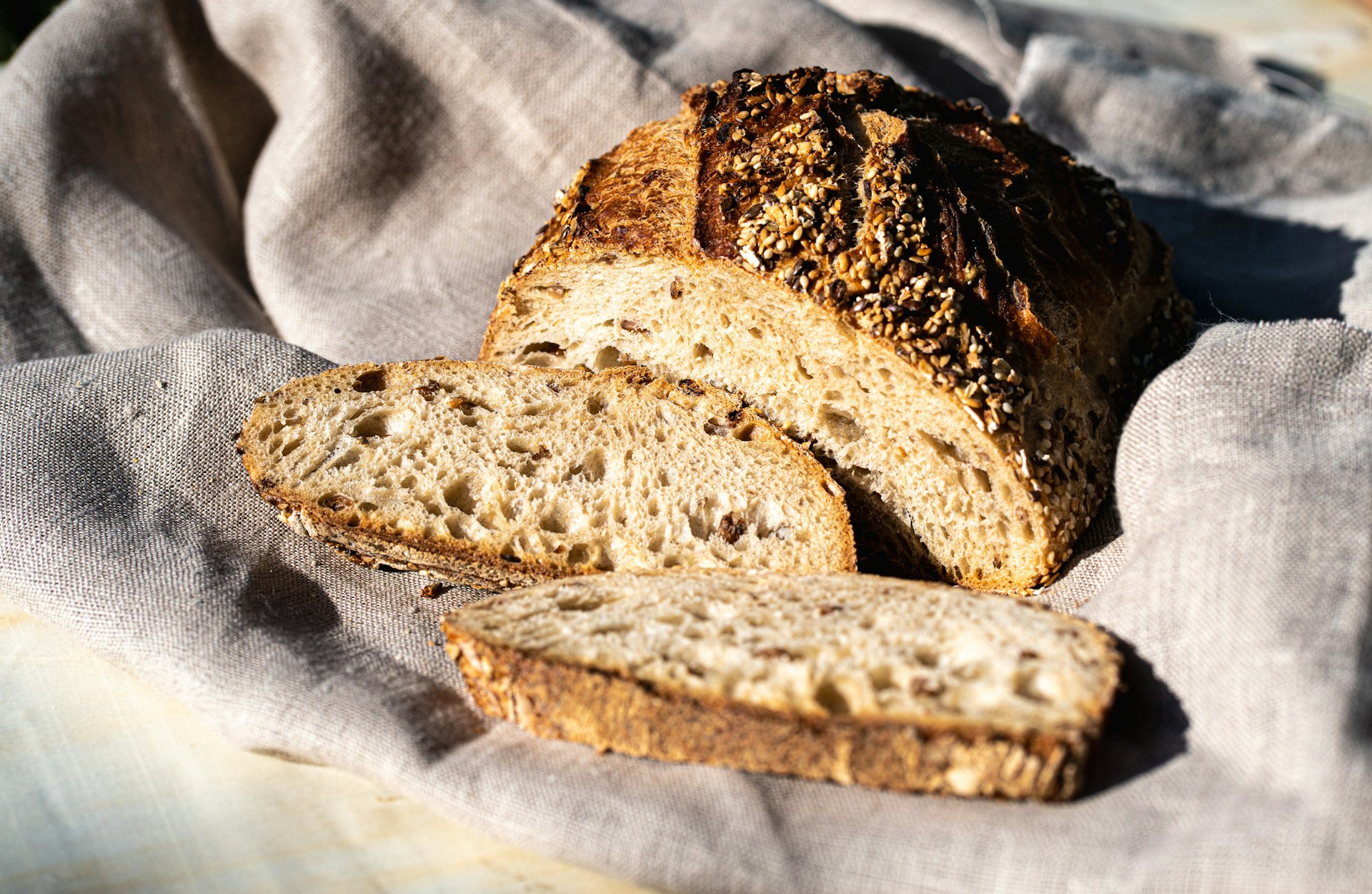Hashimoto Thyroiditis and Gluten – what is the connection?
Hashimoto thyroiditis is an inflammation of the thyroid gland, which occurs as a result of complex autoimmune processes in the body. Namely, the immune system creates antibodies that selectively attack the thyroid gland. This condition – Hashimoto thyroiditis is considered the most common reason for the appearance and development of hypothyroidism. It is a chronic condition that can develop gradually over the years and cause damage to the thyroid gland.
Hypothyroidism means that the thyroid gland does not produce enough of its hormones to meet the needs of the body. Such insufficient production is the result of damage caused to the immune system. The thyroid gland otherwise secretes hormones that are of essential importance for the entire organism and are responsible for the correct running of numerous metabolic processes.
Risk factors for Hashimoto’s are considered:
- Gender (this condition is more common in women)
- Age (mostly occurs in people between 30-50 years old)
- Genetics and family history
- Other autoimmune diseases
At first, people with Hashimoto’s may not have any symptoms. But as the disease progresses, the thyroid gland enlarges and the so-called “goiter” appears. It is most often the first symptom of this disease, and in addition, the following may occur:
- Fatigue
- Weight gain
- Joint stiffness and muscle pain
- Constipation
- Dry skin
- Problems with memory and concentration
- Feeling cold, etc.
This condition is usually diagnosed by taking a blood test to check the levels of thyroid hormones. In addition, an ultrasound examination may be performed to assess the size and condition of the thyroid gland.
In some cases, Hashimoto’s condition does not cause hypothyroidism. But if it causes, it will be necessary to use certain medicines to restore the normal function of the gland. In addition, certain dietary changes may be helpful.
How does diet affect Hashimoto’s thyroiditis?
There is no specific type of diet that can help people with Hashimoto’s. But nutrition still plays a big role and can have a positive effect. Some research shows that inflammation may be one of the main factors behind Hashimoto’s symptoms, and this inflammation is often related to diet.
In addition, lifestyle and diet can reduce the risk of other health conditions. This is important because people who suffer from Hashimoto’s have an increased risk of developing other autoimmune diseases. Studies show that excluding certain types of food, taking supplements, and changing certain lifestyles can contribute to a significant improvement in Hashimoto’s symptoms.
Some studies show that people suffering from Hashimoto’s thyroiditis also have certain intolerances to certain foods, especially gluten. Therefore, for many people, a gluten-free diet proved to be beneficial and reduced some of the symptoms that people had: constipation, diarrhea, cramps, bloating, headaches, fatigue, etc. Of course, this exclusion of gluten is not necessary for everyone, so checking for a possible intolerance is the first step.
How and can gluten affect Hashimoto’s thyroiditis?
As mentioned, in people with Hashimoto’s, the body creates antibodies that attack the gland. It is thought that people with Hashimoto’s who ingest gluten (via grains and bakery products) may further activate these antibodies. But why does this problem occur?

It is believed that the excessive intake of gluten (typical of the modern diet) can lead to the activation of parts of our DNA, which in turn are responsible for the creation of immune cells – macrophages. This risk is especially high and emphasized in people who already have genetic predispositions for autoimmune diseases. This is one of the main mechanisms through which gluten is thought to have adverse effects, but of course, there are others.
If the number of antibodies increases and if they are activated further, the condition of the thyroid gland may worsen. That is why anti-inflammatory nutrition is recommended, in order to slow down and reduce the body’s immune response, that is, to reduce the number of antibodies created.
But it is important to mention that people who will follow a gluten-free diet and do not have gluten intolerance, may not have significant results from this regimen, and for some, it may have a positive effect. The results of the research are divided. One study found that women with Hashimoto’s who followed a gluten-free diet had reduced antibody levels, but more research is needed to confirm these results.
However, it is important to mention that people with Hashimoto’s have an increased risk of gluten intolerance, so this type of diet is often recommended. Of course, it is desirable to do a test to see if there is a gluten intolerance.
Aside from gluten, regular consumption of fruits, vegetables, sources of healthy fats (olive oil, fish, nuts), proteins (chicken, turkey, low-fat dairy products), and foods containing selenium is recommended for people with Hashimoto’s (in moderate, precisely determined quantities), food rich in iron, etc.
It is strictly recommended to avoid any food that can worsen inflammation, that is: fast food, confectionery, food rich in saturated and trans fats, alcohol, juices, etc.














Post Comment